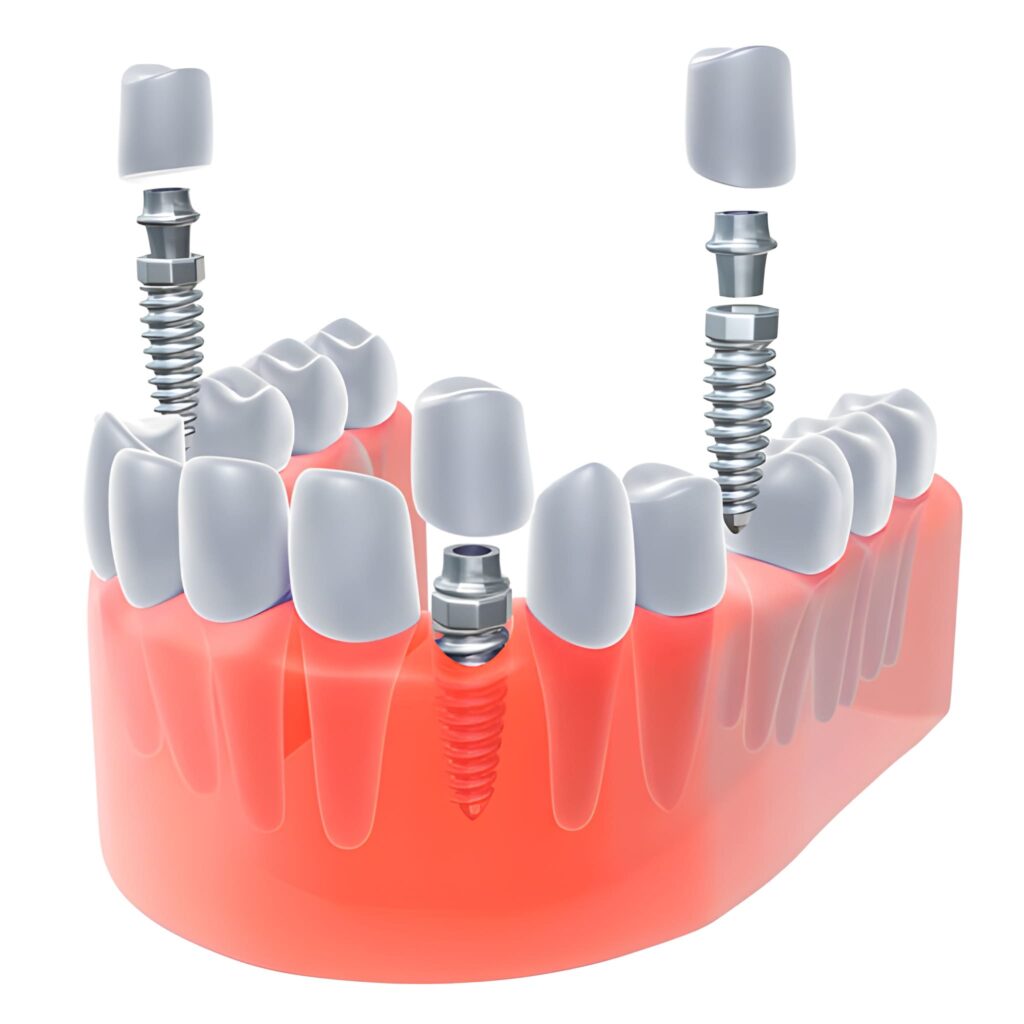As an NHS dental patient, you have several rights to ensure you receive the care and attention you deserve. Knowing your rights can help you feel more confident and secure when visiting an NHS dentist. In this guide, we will explain your rights as a patient and how you can use them to get the best dental care.
Right to Access Dental Services
As an NHS dental patient, you have the right to access dental services. The NHS provides dental care for everyone, regardless of your age or background. Whether you need a routine check-up, fillings, or more complex treatment, you can seek help from an NHS dentist. It’s important to find an NHS dentist who is accepting new patients. If you struggle to find one, you can contact NHS England for assistance or search on the NHS website for available dentists in your area.
How Much Is a Tooth Extraction NHS?
Right to Receive Information
You have the right to receive clear and accurate information about your dental treatment. Your NHS dentist should explain your treatment options, what they involve, and how much they cost. They should also tell you about any risks and benefits of the treatments. This information is essential for you to make an informed decision about your dental care. If something is unclear, you can always ask your dentist to explain it further.
How Much Will a Full Set of Dentures Cost on the NHS?
Right to Consent
Before your dentist begins any treatment, they must obtain your consent. This means you agree to the treatment after understanding what it involves. Your dentist should explain the procedure, answer any questions, and ensure you are comfortable with the treatment. You have the right to refuse treatment if you are not happy with the options presented. Your consent is a key part of your right to make decisions about your own healthcare.
Right to Privacy
Privacy is an important right for every NHS dental patient. Your dentist must keep your personal and medical information confidential. This includes details about your dental health, treatments, and any personal data you share. Dentists are required to follow strict rules and regulations to protect your privacy. If you ever have concerns about your personal information, you can speak to your dentist or the practice manager for reassurance.
Can I Get My Teeth Done Through the NHS?
Right to Complain
If you are not happy with the service you have received, you have the right to complain. It’s important to address any issues as soon as possible so they can be resolved quickly. Start by discussing your concerns directly with the dental practice. They should have a procedure in place for handling complaints. If you are still unsatisfied with their response, you can take your complaint to the Parliamentary and Health Service Ombudsman. Making a complaint helps improve the service for everyone.
Right to Emergency Care
You have the right to receive emergency dental care. If you experience a dental emergency, such as severe pain, swelling, or an injury to your mouth, your dentist should provide immediate treatment. If your NHS dentist is not available, you can contact NHS 111 for advice on how to proceed. NHS 111 will direct you to an out-of-hours dental service or provide details for emergency care.
Are Private Fillings Better Than NHS?
Right to Respect
You are entitled to be treated with respect and dignity. Your NHS dentist must listen to your concerns, show kindness, and provide care in a compassionate manner. It is your right to feel comfortable and valued when receiving treatment. If you ever feel disrespected or uncomfortable, you have the right to speak up and ask for a different approach.
Right to Choose
As an NHS dental patient, you have the right to choose your dentist. You can register with any NHS dentist accepting new patients in your area. If you are unhappy with your current dentist, you have the right to switch to another one. It’s important that you feel comfortable with your dentist and trust them to provide the care you need.
Can an NHS Dentist Refuse a Root Canal?
Right to Safe and High-Quality Care
Your NHS dentist must provide you with safe and high-quality care. This includes following hygiene practices to prevent infections, using modern equipment, and adhering to the professional standards set by dental organisations. If you ever feel that the care you are receiving is not up to standard, you can raise your concerns with the dental practice or relevant authorities.
Right to a Written Treatment Plan
You have the right to receive a written treatment plan if you need dental care. This plan will outline the treatments you need and their costs. Having a treatment plan helps you understand what to expect and allows you to make plans accordingly. If your treatment plan changes at any time, your dentist should update you and provide a revised plan.
Is There a Time Limit on NHS Dental Treatment?
Right to Preventative Care
Preventative care is essential for maintaining good dental health. Your NHS dentist should provide advice on how to prevent dental problems, including proper brushing techniques, flossing, and diet. Regular check-ups are also part of preventative care, helping to catch any issues early. Prevention is often the best way to avoid more serious dental problems in the future.
Right to Be Informed About Costs
Before you begin treatment, you should know how much it will cost. Your dentist must provide clear information about NHS charges and explain how much you will need to pay. If your treatment falls outside the NHS guidelines, you should receive a written estimate so that you can make an informed decision. Being aware of the costs beforehand helps prevent surprises and allows you to plan your treatment more effectively.
Can You Get Veneers on the NHS?
Right to Register and Deregister
You have the right to register with any NHS dentist that is accepting new patients. If you decide to change your dentist, you also have the right to deregister. There is no obligation to stay with a dentist if you are not satisfied with the service. If you are unhappy with your care, you can choose a different dentist who meets your needs better.
Conclusion
Understanding your rights as an NHS dental patient is important for ensuring you receive the best possible care. These rights cover a wide range of aspects, from access to services and the right to information, to consent and emergency care. By knowing your rights, you can confidently navigate your dental treatment and ensure that your needs are respected. If you ever have questions or concerns, don’t hesitate to speak to your dentist and ask for the information or support you need.
Book Your Appointment at Cove Dental & Implant Centre
At Cove Dental & Implant Centre, your reliable dentist in Aberdeen, we are committed to providing high-quality care that prioritises your rights as an NHS dental patient. Whether you’re due for a routine check-up or need more advanced treatment, our friendly team is here to help. Book your appointment today and experience exceptional dental care in a comfortable and respectful environment. Your oral health is our priority, and we’re here to support you every step of the way.
Frequently Asked Questions (FAQs)
Can I register with more than one NHS dentist?
No, you can only register with one NHS dentist at a time. However, you can switch to another NHS dentist if needed. If you are unhappy with your current dentist, you can deregister and find one that better suits your needs.
What if I need dental treatment urgently?
If you require urgent dental care, you can contact your NHS dentist immediately. If they are unavailable, NHS 111 will provide guidance on how to access emergency care, including directing you to an out-of-hours service or an emergency dentist.
Are cosmetic dental treatments covered by the NHS?
NHS dental services mainly cover essential dental treatments, such as check-ups, fillings, crowns, and extractions. Cosmetic treatments like teeth whitening and veneers are typically not covered by the NHS and must be paid for privately.
Can I change my NHS dentist anytime?
Yes, you can change your NHS dentist whenever you want. If you’re unhappy with your current dentist, you can deregister and register with a new one. Ensure that the new dentist is accepting new patients before you switch.
How often should I visit my NHS dentist?
The frequency of visits depends on your dental health. Generally, adults should visit every 6 to 12 months for a check-up, while children may require more frequent visits. Your dentist will advise you on the best schedule based on your oral health.





